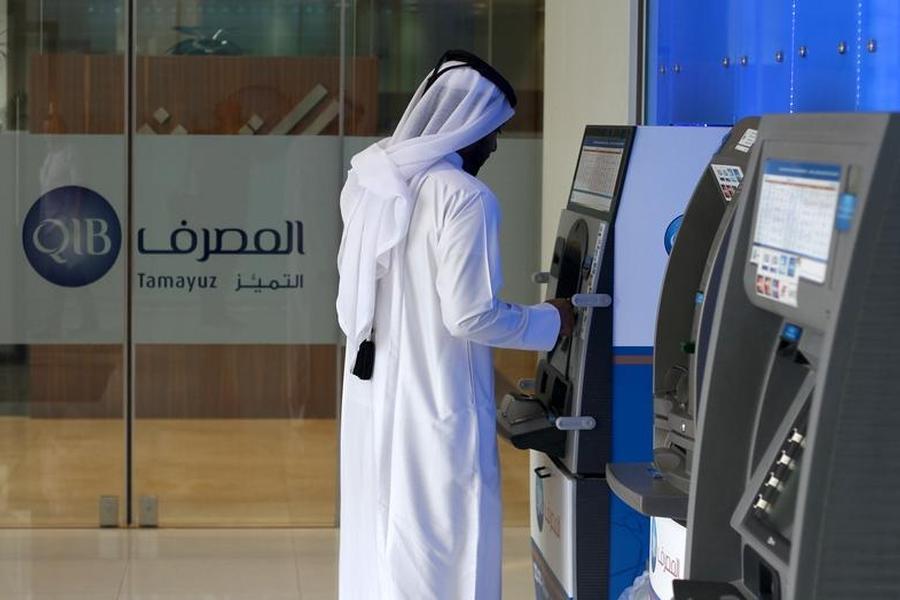Qatar shows it can cope with siege: IIF


Despite ongoing blockade, the Qatari economy is increasingly adjusting to the effects of the siege, Institute of International Finance (IFF) said yesterday.
In its country report on Qatar, the IFF said: “It is almost three months since Saudi Arabia, the UAE, Bahrain, and Egypt have cut diplomatic ties and transport links with Qatar. The sanctions have impacted the flow of people, trade, and capital and delayed the execution of some non-priority projects. . To cope with the blockade, the Qatari authorities have established alternative trade routes”.
IFF noted Qatar is continuing to diversify sources, capital goods and food imports, alleviating the risk of potential shortages. The Omani ports and Iranian airspace are now being used, and Turkey became the main source for food imports. On September 7, Qatar officially opened a major seaport that will allow Qatar to bypass the blockade.
“Given the large public foreign assets, estimated at around $300bn (in the form of the sovereign-wealth fund), the authorities in Qatar remain in a strong position to meet domestic funding requirements”, Garbis Iradian, Chief Economist, MENA, IFF said.
Qatari banks have faced temporary funding pressure in recent months as several major foreign financial institutions withdrew their deposits. While few foreign banks withdrew their funds from Qatari banks, the liquidity injection by the central bank, and increased public sector deposits, have mitigated the impact on the balance sheets. “We believe that further non-resident deposit declines will be limited”, IFF said.
Meanwhile, the authorities in Qatar have taken steps to boost the liquidity of banks. Despite the decline in nonresident deposits, total deposits still increased by 1.3 percent from May to July, and the year-on-year increase in July is still very high at 12.7 percent. Growth in credit to the economy, however, has decelerated to 2.8 percent in July, yoy, largely due to the continued deceleration in nonhydrocarbon growth.